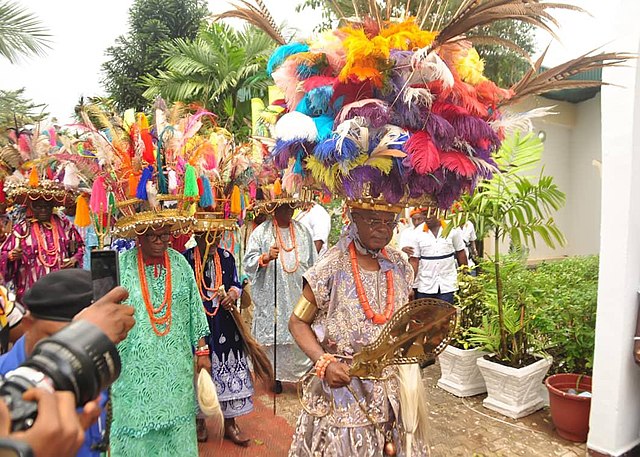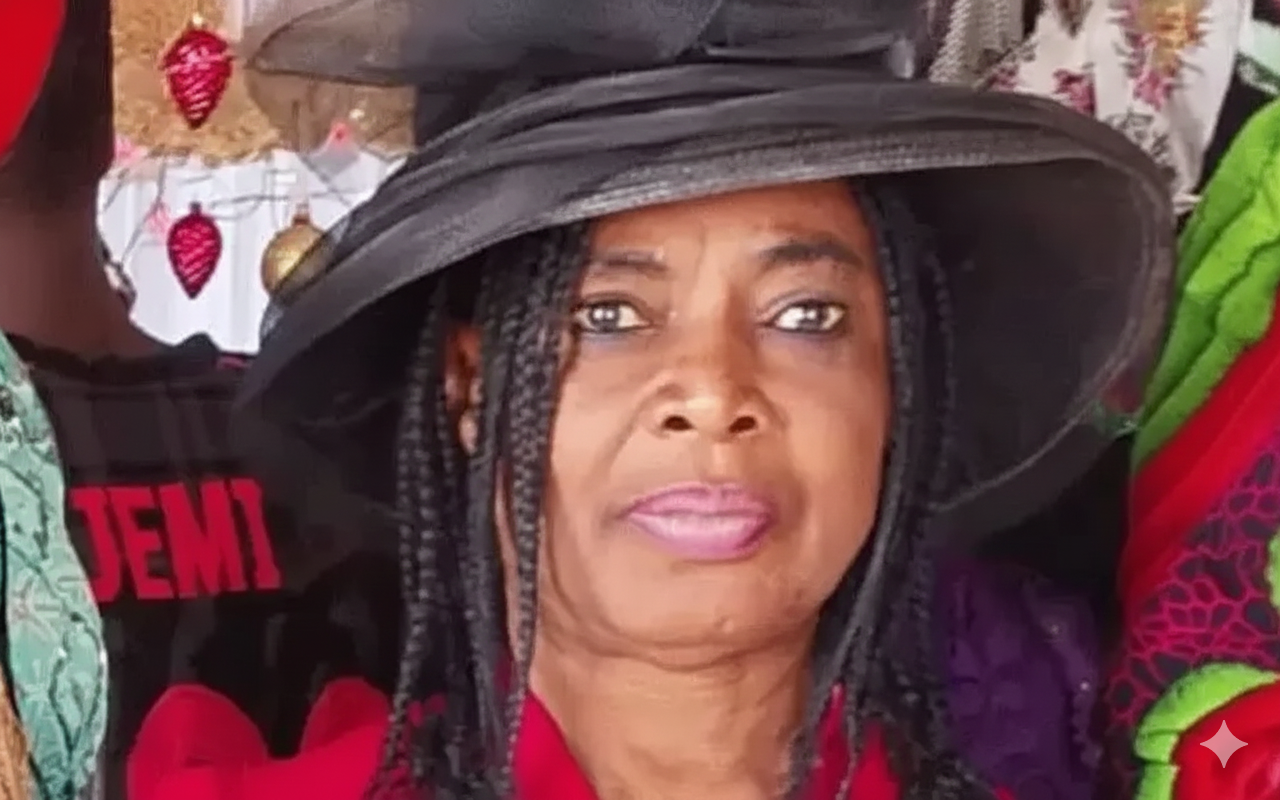The Democracy Watch Initiative (DWI), on Friday, sounded the alarm over what it described as a “dangerous coalition of discredited political actors,” warning Nigerians to exercise vigilance and discernment as the country approaches another critical election cycle.
The group also stated that the coalition comprises prominent figures whose public records are marred by allegations of corruption, abuse of office, and betrayal of democratic values.
In a statement issued by its Director of Strategic Communication, Dr. Tunji O Bamidele, the group described the emerging coalition led by former Vice President Atiku Abubakar as a “dangerous assembly of discredited political actors.”
Bamidele specifically named Atiku Abubakar, David Mark, Abubakar Malami, Nasir El-Rufai, Peter Obi, Sule Lamido, and Chibuike Rotimi Amaechi, citing what it called “questionable legacies” that should disqualify them from leading any credible reform movement.
He urged Nigerians to reject the manipulation of public sentiment by those who once betrayed national values and now seek political relevance.
According to DWI, former Vice President Atiku Abubakar is facing long-standing accusations of embezzlement during his tenure, particularly linked to the misappropriation of funds from the National Emergency Management Agency (NEMA), which were intended to alleviate suffering during national crises.
Bamidele said, “NEMA, an agency designed to respond to disasters, became a vessel for misappropriation under his watch. The ramifications of such corruption are profound; funds intended for alleviating the suffering of the vulnerable were siphoned away, leaving countless Nigerians in dire situations without support. This betrayal of public trust epitomises a broader pattern of corruption that has hindered the nation’s progress and casts a long shadow over his political aspirations.
“Similarly, David Mark, a former Senate President, has left a legacy tarnished by allegations of financial misconduct. His diversion of funds meant for critical communication infrastructure during the June 12 elections not only stifled the voices of millions but also perpetuated a cycle of disenfranchisement.
“This act undermined the democratic process, eroding public trust in governance and fueling disillusionment among the populace. The consequences of such actions resonate beyond immediate financial implications; they contribute to a broader narrative of political opportunism that continues to plague Nigeria.
“Abubakar Malami, SAN, has served as Attorney General under President Muhammadu Buhari, a tenure characterised by a troubling disregard for human rights. His role in the banning of Twitter in Nigeria exemplifies a broader trend of silencing dissent and curtailing freedoms of expression.
“Framed as a response to national security concerns, this action reflects a government prioritising control over the democratic ideals of transparency and accountability. The systematic erosion of these rights has left the Nigerian populace vulnerable, with many fearing the repercussions of speaking out against injustices. Malami’s actions are emblematic of a governance style that dismisses the voices of the people in favour of maintaining power.
“Nasir El-Rufai’s leadership in Kaduna State has been marred by allegations of inciting violence and failing to protect vulnerable populations. His involvement in the brutal crackdown on Shia Muslims, alongside ongoing conflicts in Southern Kaduna, underscores a failure of leadership to safeguard the rights of all citizens.
“El-Rufai’s actions reflect a troubling trend of sectarian violence and discrimination that further fractures Nigeria’s social fabric. The inability or unwillingness of leaders to address these issues perpetuates a cycle of violence and impunity, leaving marginalised communities to bear the brunt of state-sanctioned violence.
“Peter Obi, often lauded for his economic prudence, is not without shadows. Allegations of his involvement in facilitating the movement of goods for the late dictator Sani Abacha raise critical questions about complicity in a regime marked by corruption and human rights abuses.
“As Nigeria grapples with the fallout of military rule, the actions of individuals like Obi serve as a reminder that economic decisions can have far-reaching ethical implications. The challenge lies in reconciling the pursuit of economic growth with a commitment to justice and accountability.
“Sule Lamido’s betrayal during the June 12 struggle, alongside other members of the Social Democratic Party (SDP), exemplifies the fragility of democratic ideals in Nigeria. His decision to sell out MKO Abiola’s presidential seat reflects a broader disillusionment with political integrity, as leaders prioritise personal gain over the will of the people.
“This betrayal not only undermined the democratic process but also contributed to the erosion of public trust in political institutions, leaving citizens disillusioned and disenfranchised.
“Chibuike Rotimi Amaechi’s abandonment of the light rail project in Rivers State, after significant public investment, further illustrates the consequences of political negligence. Promised infrastructure projects have often remained unfulfilled, leaving communities without essential services. This abandonment is not merely a failure of governance; it is a betrayal of the hope and aspirations of the people who entrusted their leaders with their future.
“The collective struggle for justice is not merely a political endeavour; it is a moral imperative. The narratives of corruption, human rights abuses, and betrayal must serve as a catalyst for change, igniting a revolution that seeks to restore the dignity of the Nigerian people.
“The path towards justice is fraught with challenges, yet it is a journey that must be undertaken with unwavering resolve. The unity of truth and a passion for justice can dismantle the structures of oppression that have long plagued Nigeria. It is imperative that we rally around a vision of governance that prioritises accountability, transparency, and the protection of human rights.
“As we reflect on the actions of those who have wielded power in Nigeria, it becomes clear that the struggle for justice is far from over. The legacies of Atiku Abubakar, David Mark, Abubakar Malami, Nasir El-Rufai, Peter Obi, Sule Lamido, and Chibuike Rotimi Amaechi serve as stark reminders of the systemic issues that have hindered Nigeria’s progress. However, within this narrative of despair lies the potential for transformation.”
He called on the electorate, particularly young people, to remain alert and resist being swayed by populist rhetoric from political actors with questionable pasts.
DWI called on Nigerians to embrace a peaceful but resolute push for reforms that uphold human dignity, protect fundamental rights, and ensure equitable access to opportunity.
He added, “We stand with the army of justice, committed to the pursuit of truth and the restoration of dignity for all Nigerians. It is time for a revolution, one that seeks to dismantle the structures of oppression and build a future rooted in equity and justice. The journey may be long, but the cause is noble, and together, we can forge a path towards a brighter, more just Nigeria.
“In this clarion call, let us embrace the responsibility of our collective future. The narrative of Nigeria is still being written, and it is up to us, the electorate, to ensure that it is a tale of justice, integrity, and hope for generations to come.”






